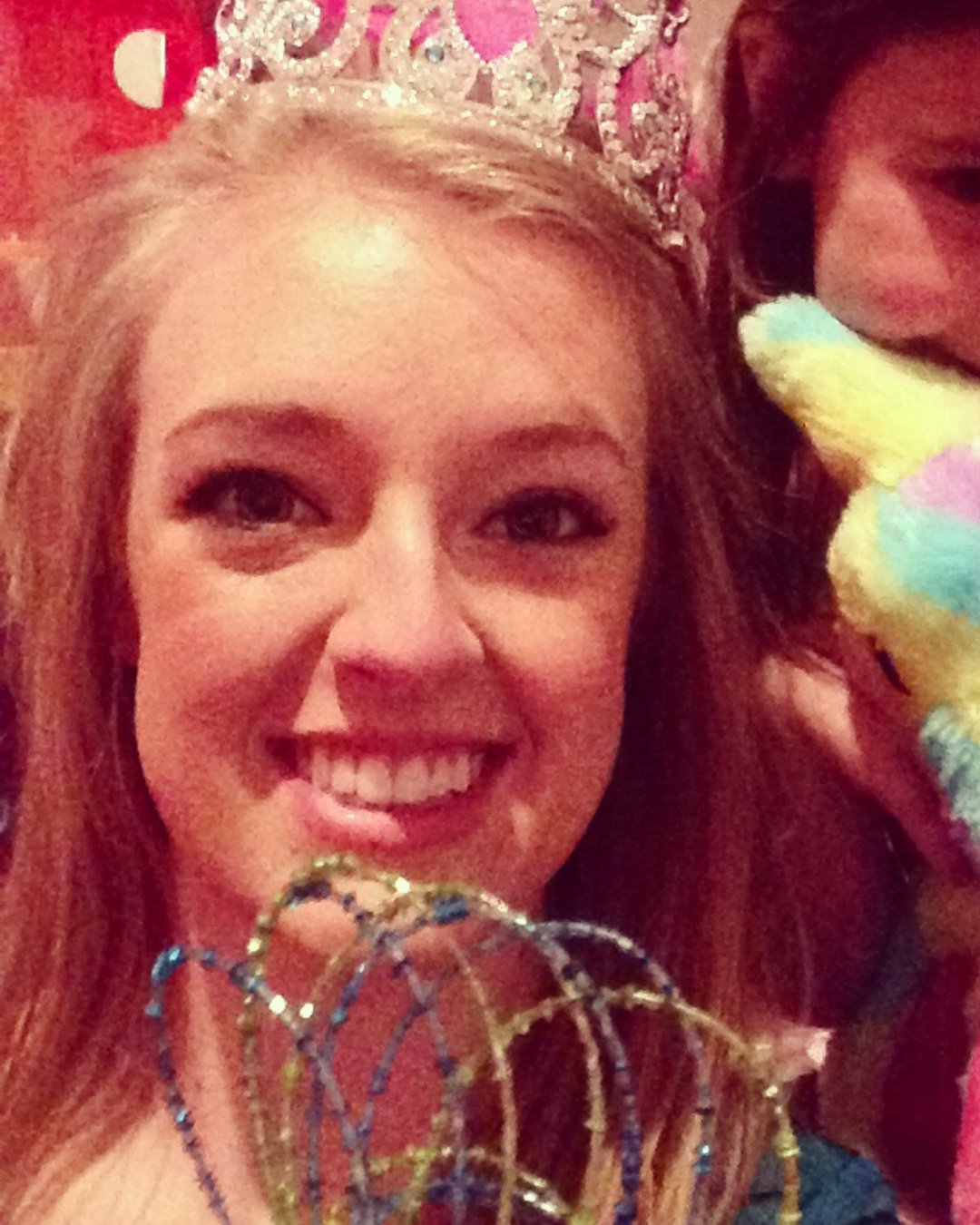Katie Spencer is newer to the field of speech-language pathology and has been a school SLP for about two years now. Navigating challenges with students in speech therapy can be difficult enough on a normal day, but with the recent changes to school environments due to COVID-19, there are even more obstacles to overcome. Fortunately, Katie has faced these issues head on, adapted to a new innovative learning model, and found the silver lining in her current situation.
Katie’s career aspirations began on a mission trip to Africa with her mom, a dentist. The group was pulling teeth and Katie’s job was to help explain to patients what they were doing and assure them that everything was going to be okay. After watching how well Katie handed these interactions, another volunteer told her that she would make a great SLP! When it was time to apply for college, Katie made the decision to pursue speech-language pathology.
Katie describes being an SLP as a jack of all trades: like a teacher, counselor, and nurse rolled into one. Despite these challenging times, she says this has been a growth process for her, her students, and even their parents.
One of the most difficult elements of distance learning within Katie’s population is that many of her students have multiple disabilities and sometimes require behavior management on top of their speech therapy. Katie explains that some of her kids already have problems concentrating on tasks in person, so it’s an added distraction when they’re seeing themselves on a webcam for the first time!
Prior to this new learning environment, Katie never had the opportunity to meet parents in person. Now they’re finally being introduced over phone calls and virtual meetings. Katie is also finding herself doing a lot of parent coaching in addition to her usual sessions.
Usually the only connection parents have with their child’s therapy is if Katie sends homework back with the student. Previously she heard parents say they were too busy to get involved, but now, she gets to hear directly from them as they enthusiastically tell her: “We worked on that this week!”
She’s been inspired to see that a lot of parents are really interested in helping their kids in their therapy. Overall, she thinks the parental involvement is making a difference, now that they can observe and understand what their kids are working on.
Recently, she had an AAC user that was able to read a book with his mom for the first time. Katie said that moment really stood out to her as she watched how excited the mom got when they were reading the book together, side by side.
Katie’s advice for SLPs during this time is to get involved in Facebook groups, continue to seek out new information, and work to make things more fun for students. She described a therapist she watched recently online that used a green screen and green paper on a ruler to make objects look like they were floating through the air. She also mentioned getting creative with puppets and using iPad games as interactive ways to keep students engaged.
She has also been involved with the American Speech-Language-Hearing Association (ASHA) S.T.E.P program and mentors two undergrad students every two weeks. She’s happy to help them navigate these uncertain times as future therapists and share her experiences.
Despite the challenges, Katie is quick to put everything in perspective. She considers herself blessed to be thrown into this situation. Staying involved and pouring herself into other people has helped her grow through these changes and become a better therapist.
This Better Hearing and Speech Month, Supplemental Health Care wants to thank Katie for her positive outlook, dedication to her kids, and ability to adapt in this altered work environment. Thank you for all that you do for speech-language pathology!
search content
